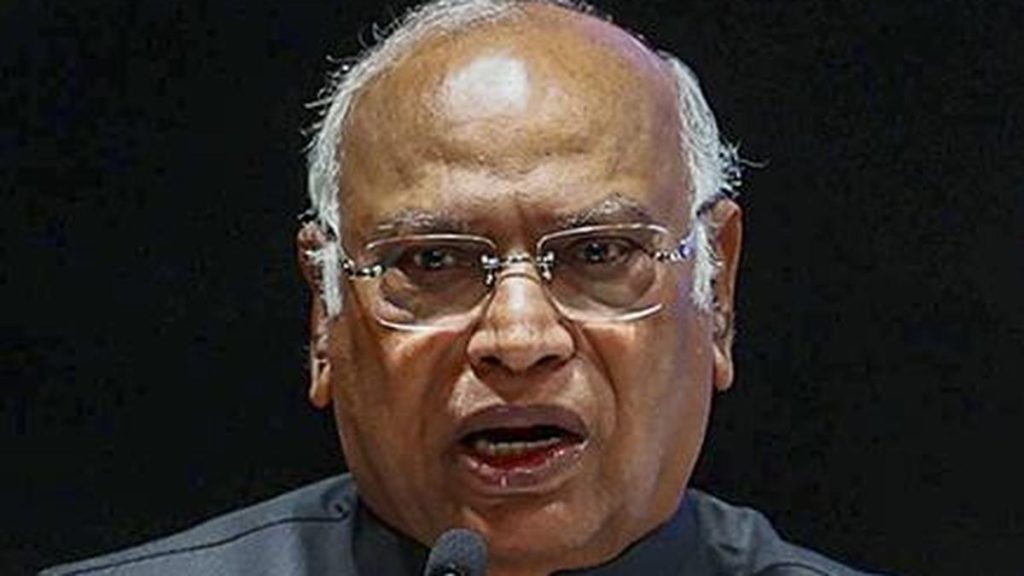Now Reading: Opinion: Weighing the Risks Before Taking the CEO Plunge
-
01
Opinion: Weighing the Risks Before Taking the CEO Plunge
Opinion: Weighing the Risks Before Taking the CEO Plunge

Quick Summary
- Nestle CEO Laurent Freixe was sacked for failing to disclose an affair with a subordinate.
- Recent corporate incidents include CEO resignations at astronomer and Kohl’s due to personal misconduct and ethical issues.
- Sebi’s relaxation of related-party transaction rules is seen as a governance risk, especially for India Inc, with potential harm for minority shareholders.
- A study reveals 97% of Indian family-run businesses lack formal succession frameworks, leading to conflicts during leadership transitions (e.g., Sona Comstar case).
- Five common board failures in CEO selection include:
1. Ignoring digital footprints (“Collective Memory”).
2. inflating credentials without scrutiny.
3. Misinterpreting ambiguous red flags due to flawed record systems.4. Relying on “good faith” assumptions over critical examination in family businesses.
5. Overlooking hidden deals and affiliations impacting clarity (e.g., ICICI Bank issue).
- Indian boards often neglect proper vetting processes such as external checks, conflict deconstruction across networks, third-party credential verification, and scenario planning.
Indian Opinion Analysis
India’s weak link in corporate governance lies primarily in its inadequate mechanisms for vetting CEOs thoroughly before their appointment-a task fraught with risks ranging from personal misconduct scandals to misaligned interests jeopardizing stakeholder value. The latest developments highlight the need for robust succession planning frameworks across all types of Indian enterprises.
The absence of such mechanisms exacerbates vulnerabilities already present due to dynastic ownership structures or informal governance norms within family-run businesses. Sebi’s decision to loosen regulatory oversight on related-party transactions raises concerns about transparency and accountability at senior leadership levels-two critical components for protecting minority shareholder interests.
To bridge these gaps comprehensively, boards must prioritize rigorous vetting methods that identify individual risks while ensuring structural safeguards against internal bias or complacency during CEO selection processes. Failure to address these longstanding inefficiencies could undermine trust in India Inc over time.

























